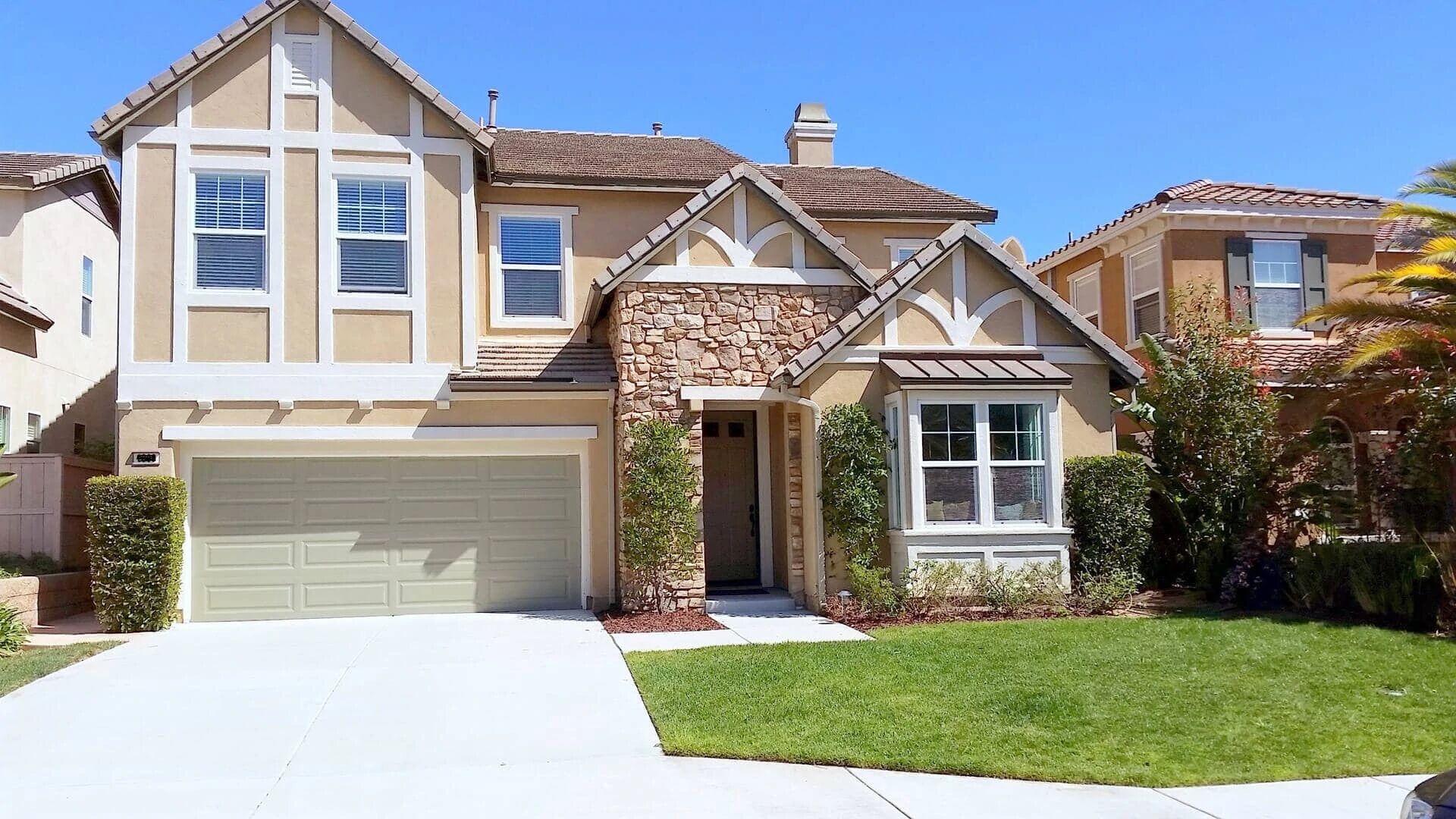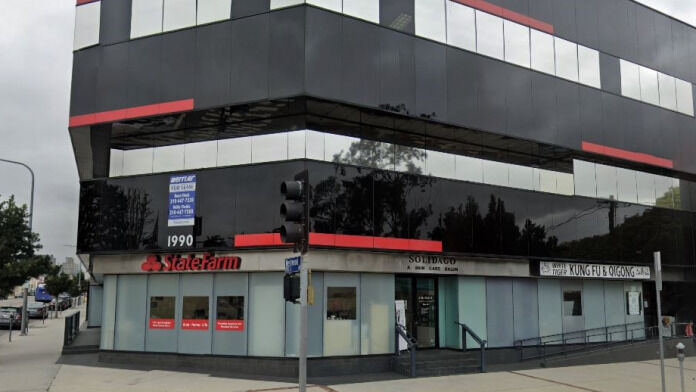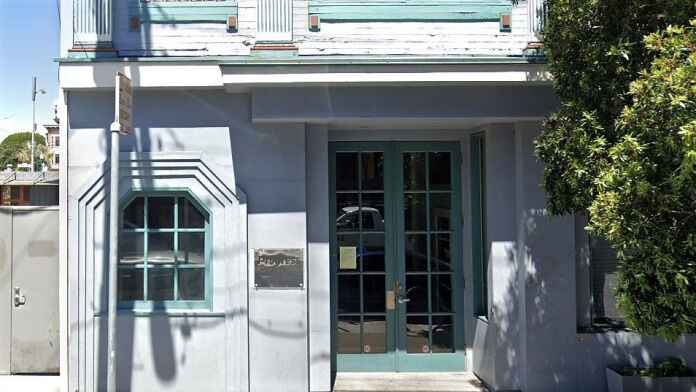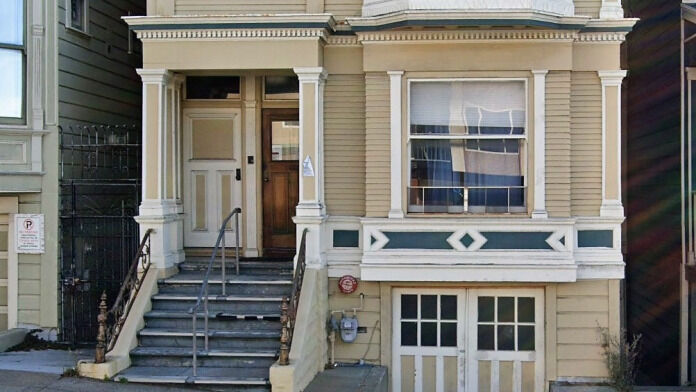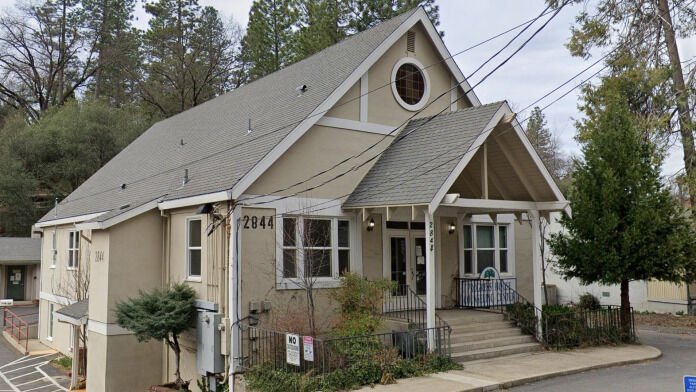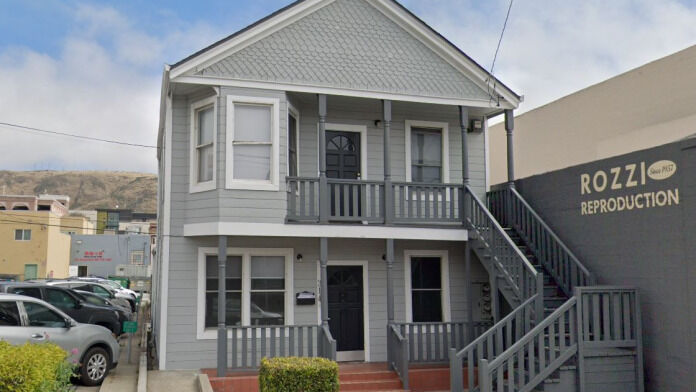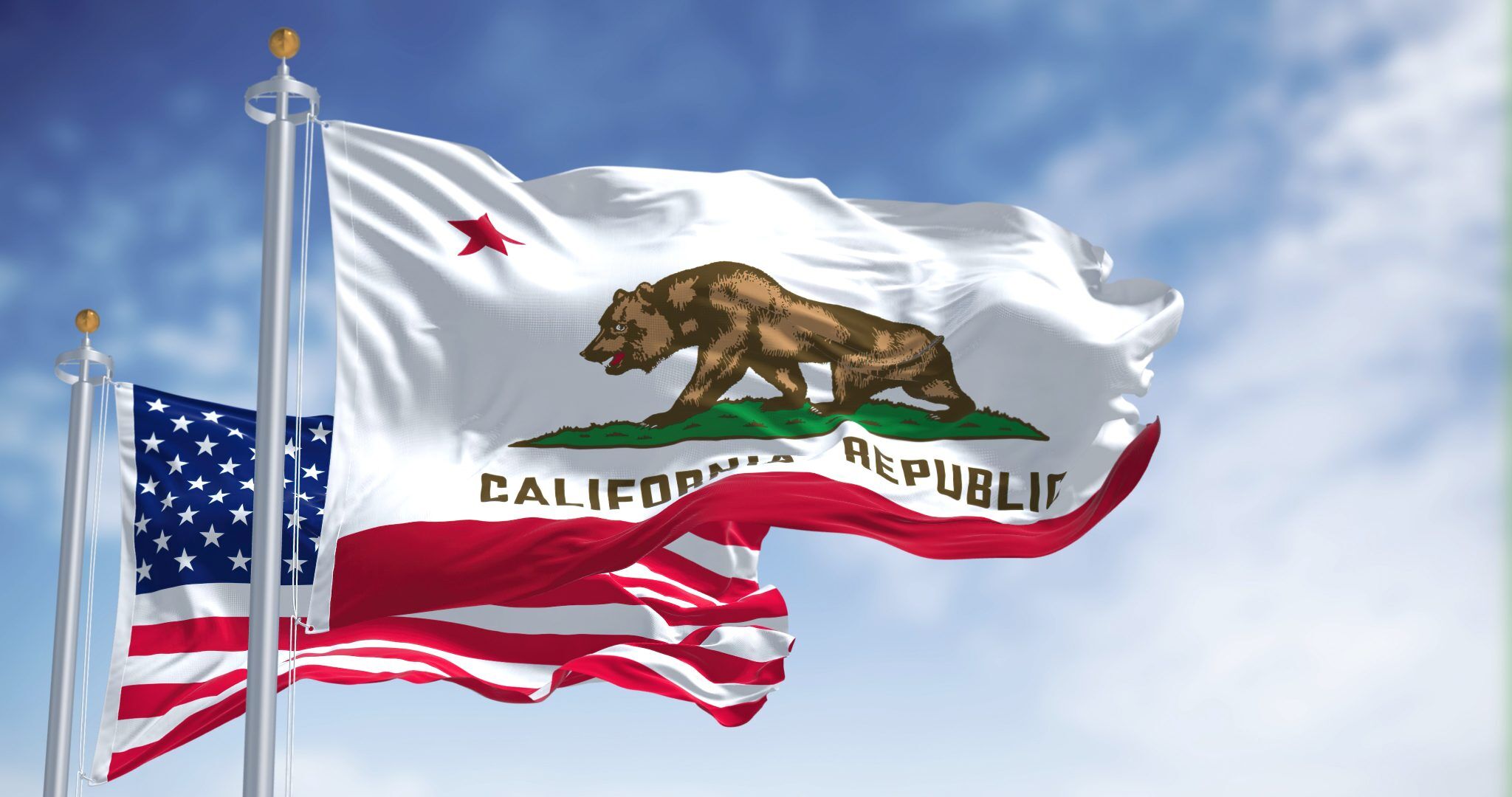
California’s substance abuse landscape is shaped by the state’s vast population, cultural diversity, and deep socioeconomic divides. While it is home to some of the most advanced addiction treatment facilities in the country, access to those services is far from evenly distributed.
In metropolitan areas like Los Angeles, San Francisco, and San Diego, residents have access to high-end inpatient treatment centers, MAT (medication-assisted treatment) clinics, and specialized dual diagnosis programs. Yet even in these regions, economic inequality creates stark differences in who can access care.
For many low-income Californians, especially in rural Central Valley communities or underserved parts of Southern California, treatment may be limited to overburdened public clinics or nonprofit programs with long waitlists. According to the California Department of Public Health, opioid-related deaths have surged in recent years, with fentanyl driving the increase.
The state saw over 7,000 drug-related fatalities in a single year, the vast majority tied to synthetic opioids. Methamphetamine use also remains widespread, particularly among unhoused populations in urban corridors. California has expanded its Medicaid program (Medi-Cal), which now covers a wide range of substance use disorder treatments, including inpatient stays, outpatient therapy, and MAT.
However, the quality and availability of these services can vary dramatically by county due to local funding decisions and provider shortages. In rural areas such as Siskiyou or Imperial County, residents may have to drive several hours to find an available bed or licensed therapist.
The state also has a growing behavioral health crisis among youth, with rising rates of substance use tied to anxiety, depression, and social media pressures. California has invested in school-based mental health services and early intervention, but implementation has been inconsistent.
In response to its homelessness crisis, the state has funded numerous programs that combine addiction treatment with transitional housing, but demand continues to outpace supply. Harm reduction initiatives, including needle exchange and naloxone distribution, are widely implemented in major cities but face local resistance in more conservative regions.
Cultural competency is also an issue; California’s immigrant and non-English speaking populations often face language barriers or stigma when seeking help, and not all treatment centers offer multilingual or culturally appropriate care.
Telehealth services have improved access in some areas, particularly during and after the COVID-19 pandemic, but broadband gaps still affect tribal lands and agricultural communities. Faith-based programs are common in inland and Northern California counties, while secular, evidence-based models are more prevalent in urban areas.
The state’s sheer size and diversity mean that substance abuse trends and solutions vary widely, but across the board, California continues to wrestle with how to expand care equitably and sustainably in the face of a growing crisis that touches nearly every family in some way..




